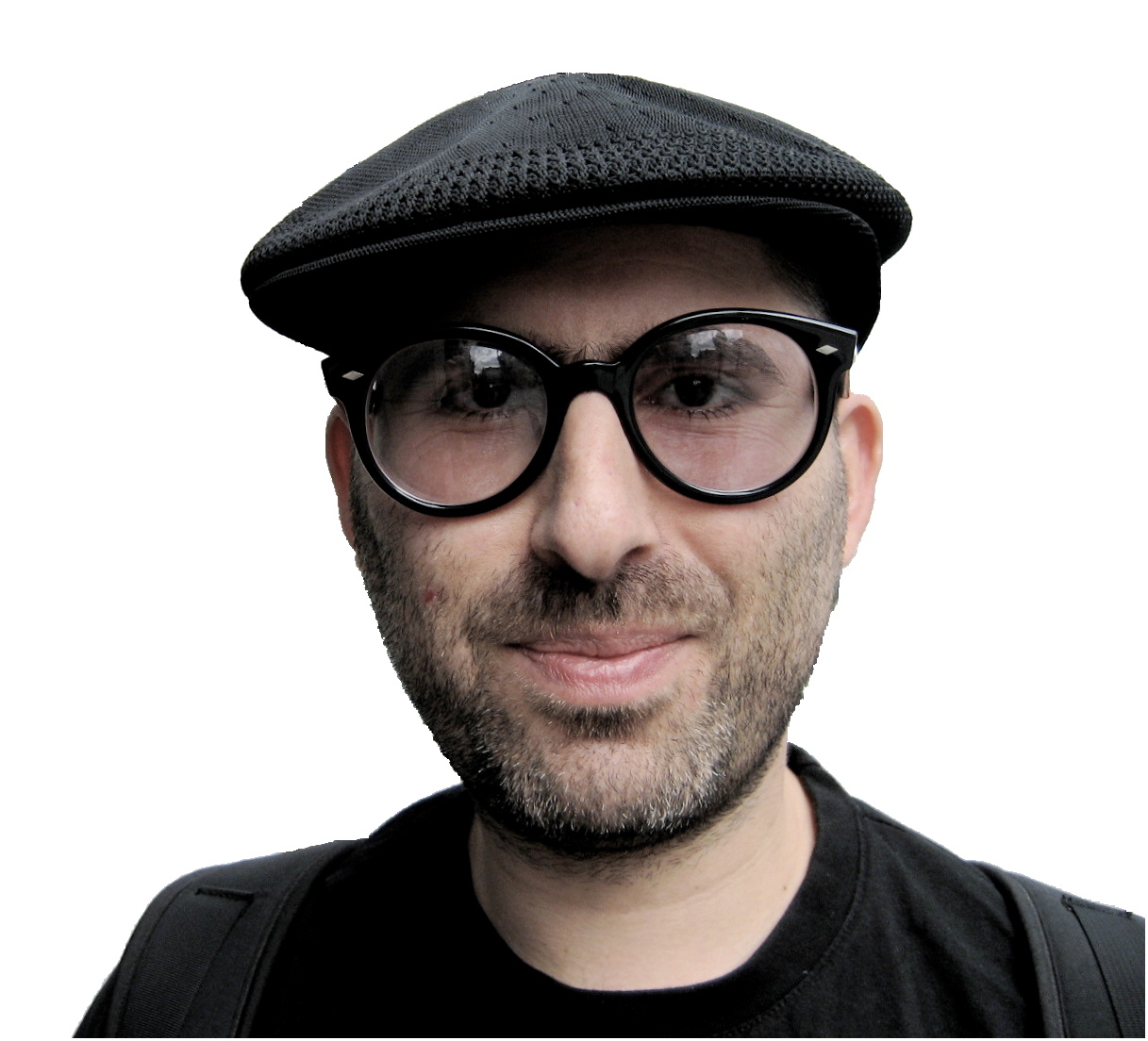by Compmanager
CARO — The lawyer for a Caro businessman called the Advertiser Friday to say that his client has been unfairly treated by the Thumb Narcotics Unit (TNU) after having property seized during a May 2 raid on two Caro businesses and the man’s apartment.
However, a document filed the same day in Tuscola County Circuit Court and provided to the Advertiser by Tuscola County Prosecutor Mark Reene, details the case and how legal action will be brought against the man as the result of a lengthy and thorough investigation.
Reene filed a Civil Forfeiture Complaint (CFC) from alleged evidence found during the May 2 search warrants executed at the former Clark gas station at 537 North State Street and Gran’s Party Mart, 1524 Remington Road, as well as a Caro apartment.
The document outlines how the case was built for the forfeiture of both commercial properties, as well as $114,024 in United States currency, $367 in United States currency and Mexico silver dollars, a laptop computer, the contents of six bank accounts and a 2005 Ford truck, all seized during the raid.
Reene said Monday it is expected that charges will be brought against Jamshid Bakshi Zahraie, owner of both businesses, and that the forfeiture of property is within the county’s legal rights after an investigation uncovered Zahraie’s alleged sale of synthetic cannabinoids. A synthetic cannabinoid is a chemical compound that “mimics the pharmacological effect of naturally occurring cannabinoids” (like marijuana) and were added to the list of Schedule 1 controlled substances effective July 1, 2012.
The CFC record also lists evidence discovered at Zahraie’s residence which suggests Zahraie was “manufacturing synthetic Cannabinoids himself,” said the document.
Attorney John Melton of Marlette who is representing Zahraie contends that the amount of property seized by authorities does not match the amount of money his client could have earned by allegedly selling the banned controlled substances. He also claims the manufacturer of the substances assured Zahraie that the substance was legal to sell.
“He’s probably sold, at the most, $1,000 to $2,000 in profits (from the controlled substance), and they’ve come in and seized $250,000 in cash and property,” Melton said. “To me it’s a huge overreach. In the meantime, his bank account has been frozen, his cash has been seized and he’s in limbo.”
Melton said he and his client are asking to tell their side of the story because the raid and negative publicity has resulted in a loss of business.
“He’s relying on people walking into the store and buying things more than ever, so from our perspective, this is a huge overreach,” Melton said. “The manufacturer (of the substances at the center of the investigation) was telling him that it was completely legal. We’re going to get this resolved one way or another in court. I’m not blaming the prosecutor; I think it’s the drug task force that has gone way overboard. … We’re talking less than $5,000 (in revenue from selling the substances) and they seized more than $250,000 in cash, bank accounts and property. From our perspective it’s an overreach.”
But the civil forfeiture complaint filed by the prosecutor’s office details the investigation into Zahraie’s activities, as well as an itemized list of the property seized during the May raid.
“When we did the search warrant at the Clark station, we seized $114,024. It was kept in white plastic bags, basically grocery bags,” Reene said. “Now you may want to ask, I’m not sure, maybe there are a lot of other legitimate businesses here in the city of Caro that would be retaining that kind of U.S. currency — that amount — in white plastic grocery bags. I’m not familiar with it.
“Also, there’s a very easy question to ask here. He claims he’s generating revenue and so on and so forth. We’ve already asked the question, and maybe you want to ask again: ‘Show us the legitimate income.’ It’s not complicated, right? If you own a business, and he owns two of them … well you’re going to have receipts, right? You’re going to have purchases of product, and then you’re going to have subsequent sales, and then you’re going to pay taxes like every other business. So show us that. Where’s the revenue coming from? … It’s not like we’re turning over pop and potato chips and so on to generate a large amount of money. And the same with Gran’s Party store, so from their perspective: ‘You show us your business transactions. We don’t see them.’ So where does this $114,000 come from. We’re waiting to have that explanation.”
Melton’s claim that his client was unaware that synthetic cannabinoids had been outlawed is disputed by the CFC, which states that on June 30, 2012, Trooper Nathan Hopp contacted Zahraie at Gran’s Party Mart to inform him that the synthetic marijuana products that Hopp observed Zahraie allegedly selling were becoming illegal as of July 1, 2012. One month later on July 30, a detective purchased $35 of the controlled substance using TNU pre-recorded buy funds.
“This (investigation) has gone on for a long time, and any suggestion that he was confused — that he was told by the manufacturer that it’s legal — is exactly the opposite of what he was told by the people he should have been listening to,” Reene said.
The CFC alleges that the detective again purchased the controlled substance from Zahraie in August 2012, and that an investigation into a drug overdose complaint in late December 2012 yielded testimony that three individuals allegedly had been using a synthetic cannabinoid purchased from Zahraie, who they claim provided them three cigarette papers to smoke the substance.
Reene said other incidents of individuals becoming ill in connection with the case remained under investigation and would be added to the case.
A court document shows on January 2013 administrative tobacco search at Gran’s Party Mart resulted in the seizure of $23,911 worth of products in violation of the Tobacco Products Tax Act, and a “significant amount of K2 was also seized.”
The CFC states that TNU agents purchased controlled substances twice in April from Zahraie leading up to the May 2 raid.
“This is now filed with the court,” Reene said. “Ordinarily there is a lot of information that I would not be able to share for a variety of different reasons, but we got to the point that we did and have filed the Civil Forfeiture complaint, which kind of gives you a historical perspective of what’s going on in regards to investigating these businesses. How he was informed several times in the illegality of engaging in several activities, was warned by different agencies that he had to cease and desist. … That was done even before the law took effect … so he was informed at that point in time.
“In looking at the comments, I guess what I would say in response to Mr. Melton, I wouldn’t be critical of him, but it would appear that his client is not giving him all the client that he needs to fully understand this case. I wouldn’t say anything negative in regard to Mr. Melton, but he’s kind of indicating that we’re receiving information that isn’t accurate; well his client clearly isn’t disclosing all these things to him.”
The CFC filing does not concern criminal action, which Reene said is pending additional investigation.
“It’s for (forfeiture of) personal property, including the United States currency as well as the real property itself,” explained Reene. “The former Clark station as well as Gran’s Party Mart are all part of this action, and this is what the Controlled Substances Act allows us to do, to proceed with forfeiture.
“The investigating agency and the prosecutor’s office would become the owners of the property, and then liquidate it and convert it into a liquid asset for dispersal for use for law enforcement purposes.”
The impact of Edward Snowden's leaked information now extends beyond the NSA. Today, The Guardian reported that—according to documents uncovered by Snowden—foreign politicians and officials who attended the 2009 G20 summit in London had their calls intercepted and computers monitored by the host country's government.
The Government Communications Headquarters (GCHQ), the NSA's sister organization in the UK, used "ground-breaking intelligence capabilities" to spy on visiting diplomats according to The Guardian. Unlike the US spying drama being justified for national security, these G20 documents suggest this surveillance was for simple political gain.
The pure scale of the reported operation is impressive. Fake Internet cafes were set up with e-mail interception programs and key-logging software. Delegate BlackBerrys were monitored for phone call and e-mail information. And a total of 45 analysts had access to 24/7, real time telephone information from summit attendants. The documents apparently go into specific details, as The Guardian reported:
One document refers to a tactic which was "used a lot in recent UK conference, eg G20." The tactic, which is identified by an internal codeword which The Guardian is not revealing, is defined in an internal glossary as "active collection against an e-mail account that acquires mail messages without removing them from the remote server." A PowerPoint slide explains that this means "reading people's e-mail before/as they do."The documents state that the overall initiative was "very successful" during its six months of operation. The timing of this leak is particularly fitting as the UK is set to host the G8 nations for a conference this week.
 Willian Barboza (pictured left), 22, was joined in the suit by the New York Civil Liberties Union (NYCLU) and the law firm Bergstein & Ullrich, LLP, objecting to a charge of aggravated harassment slapped on Barboza in May 2012. That charge was overturned in March of this year,
Willian Barboza (pictured left), 22, was joined in the suit by the New York Civil Liberties Union (NYCLU) and the law firm Bergstein & Ullrich, LLP, objecting to a charge of aggravated harassment slapped on Barboza in May 2012. That charge was overturned in March of this year, 






